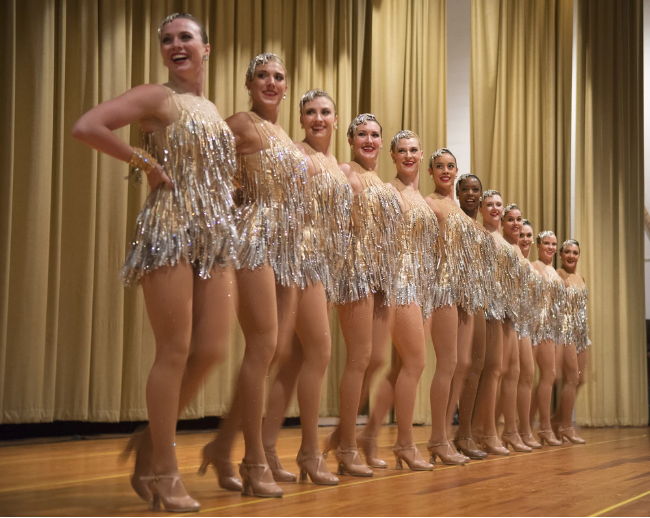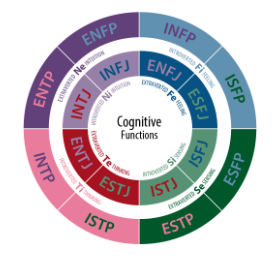On May 2, 2023, the Writer’s Guild of America officially went on strike in hopes of changing the compensation for their labor and to ensure that their jobs wouldn’t be replaced by AI. After 148 Days, on September 27, the strike officially reached its settlement.
Many shows postponed due to the strike are soon to swing back into production and with new terms, many writers are ready to get back to their work as well. As for the audience, who only sees the final product of the work done on shows, the strike and its outcome demonstrate exactly how fundamental writers are to the film industry.
One of the main motives behind the strike was increased compensation for writers. The new agreements state that most Minimum Basic Agreements (MBA) will increase anywhere from 3.5% to 5%.
Additionally, the Health Fund and Pension Plan have been broadened to help writing teams. Rather than dividing the cap of a health fund across a whole team, each writer on the team will now receive a plan that is most relevant to them as an individual writer.
Unlike the top actors of Hollywood, writers often do not live in the same luxury and veer more towards typical lives due to their wages being much smaller.. This increase of funds and health care access allows the laborious jobs of writers to have livable wages as well.
What is different from other strikes in the film industry in the past is the introduction of streaming services. On cable television, any time a show was aired, a paycheck would be given to a writer as compensation for their work, even years after they were done with the show. As for the new era of streaming, the paychecks don’t flow in the same way.
The Writer’s Guild has guaranteed a minimum of $100,000 for projects made for streaming with budgets over $30 Million. Along with that, residuals of foreign streaming have been majorly increased.
Writers are now able to be rewarded not only for their labor, but the success of their work on streaming platforms. The Guild negotiated a viewership bonus, taking effects at the start of the new year.
As for the elephant in the room, the contract agrees that artificial intelligence, or AI, can’t write or rewrite any material as it will not be considered source material. Using a writer’s work to train AI is prohibited, and companies cannot require a writer to use AI generation in their work.
If a writer wants to use AI, and their company consents, they are allowed to as long as it follows the policies of said company.
The 2023 contract for the writers is a win in many ways. However, the Screen Actors Guild-American Federation of Television and Radio Artists (SAG-AFTRA) is still on strike, so until the studios negotiate with them, the Guild is still on the picket line.








![[135711_1678] by [Walt Disney Television] is licensed under [CC BY-ND 2.0]](https://flhsprospect.com/wp-content/uploads/2025/01/14048814959_0bd7dbdacb_o-1200x800.jpg)





![[Shark Fin Soup] by [Harmon] is licensed under [CC BY-ND 2.0]](https://flhsprospect.com/wp-content/uploads/2025/04/Screenshot-2025-04-24-8.24.37-AM.png)